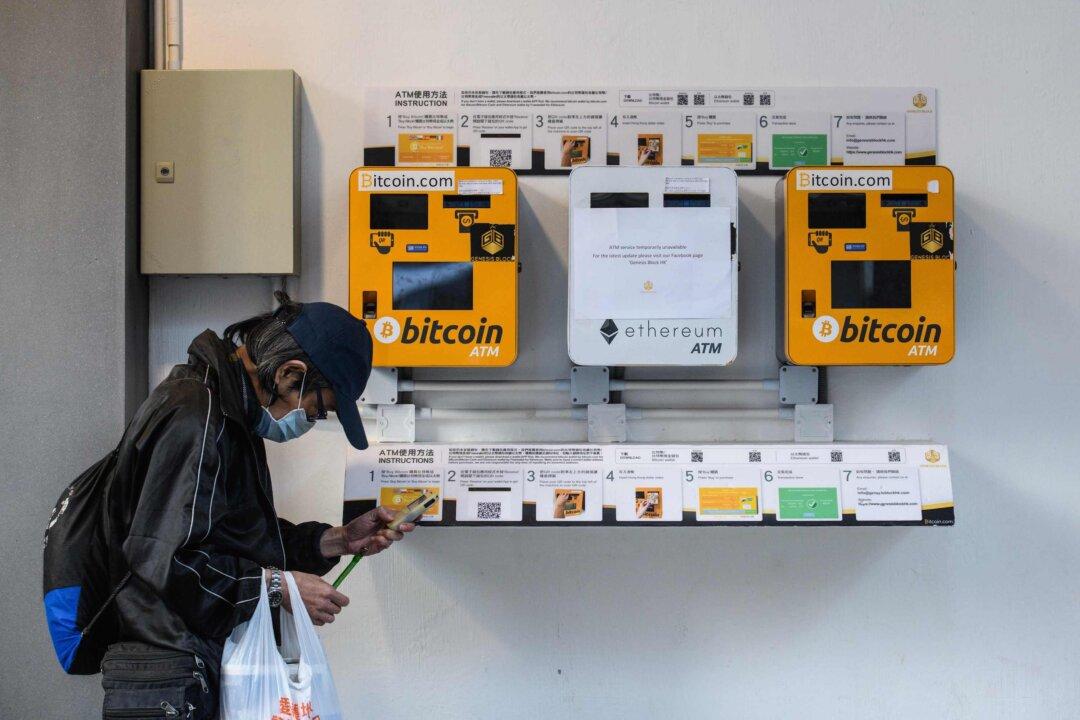While communist China’s growing hostility toward the free world (as represented by the United States) is becoming more and more difficult to conceal, the trade and financial ties between the two countries are nevertheless stronger than ever.
Some wonder why China, as resentful as it is toward the U.S., has spent so much on purchasing U.S. treasury bonds.





